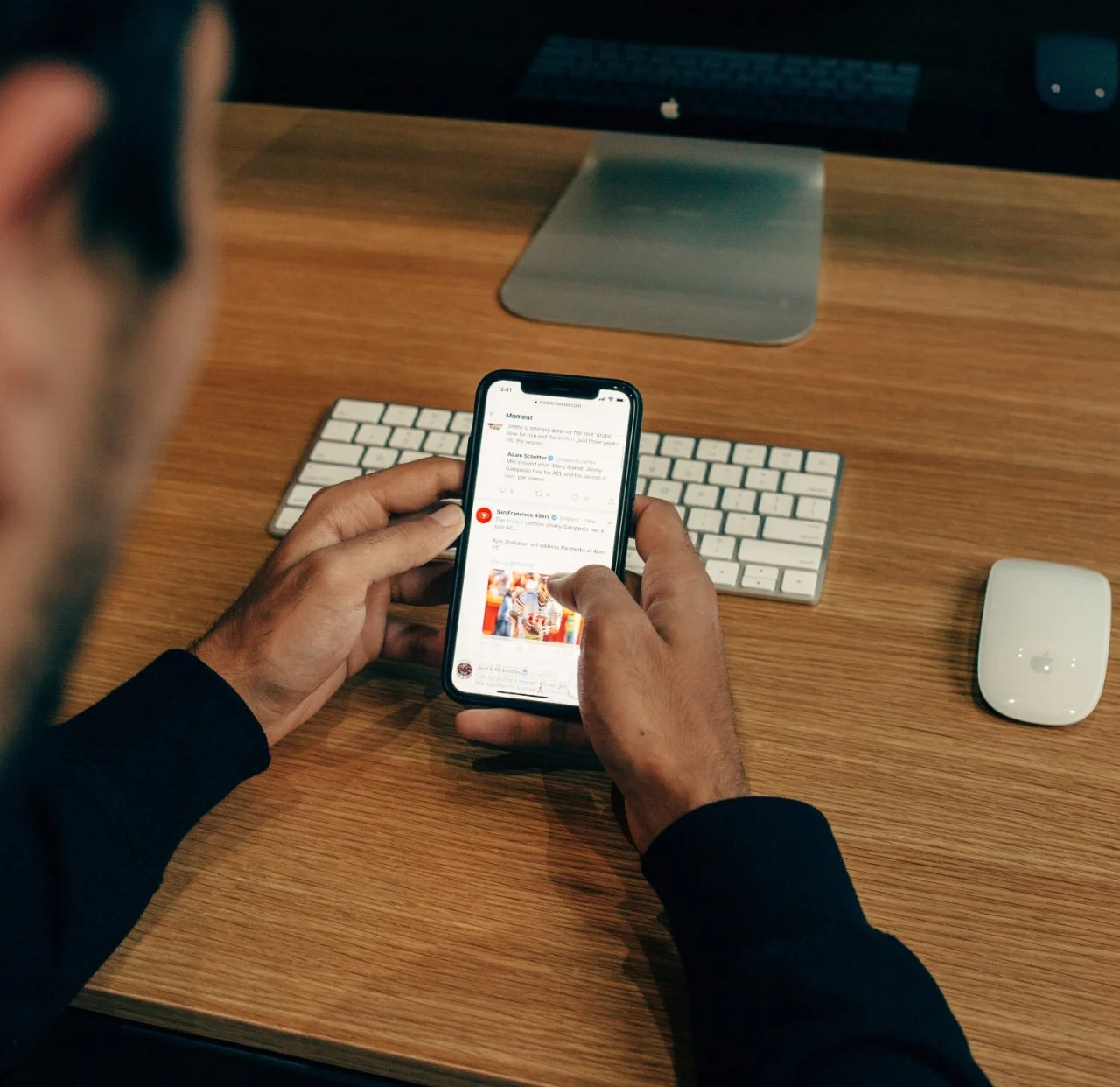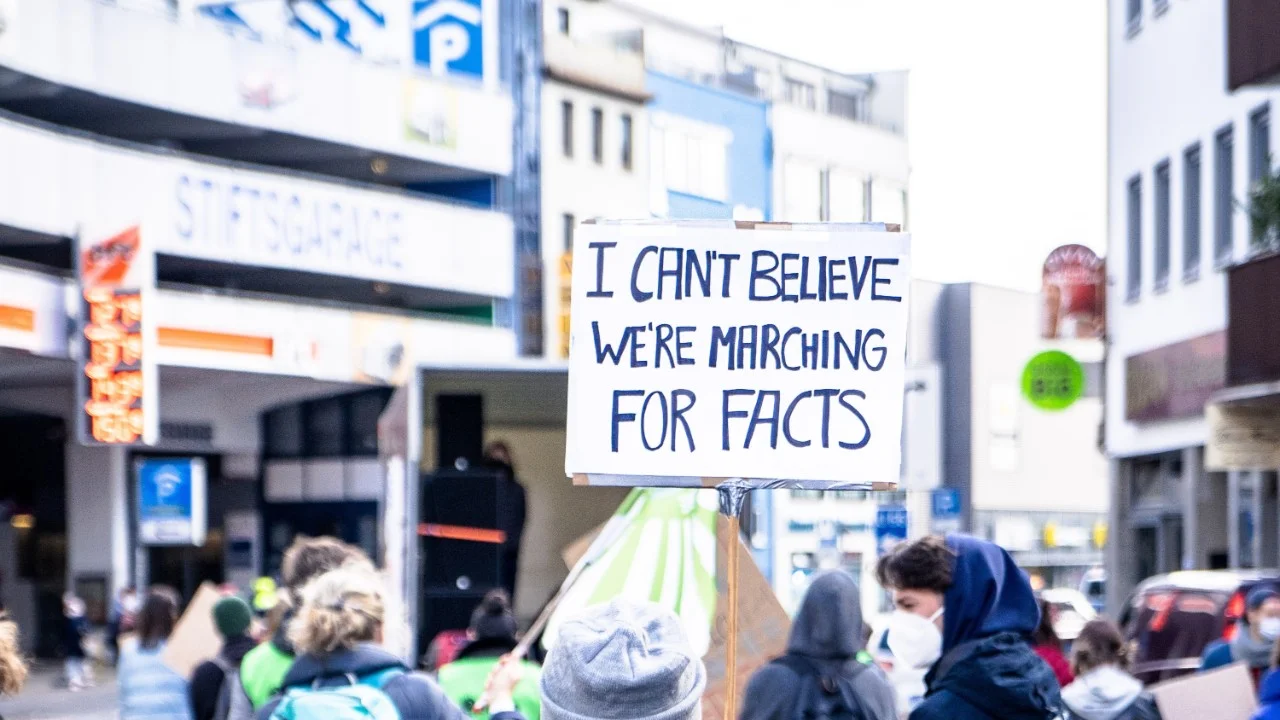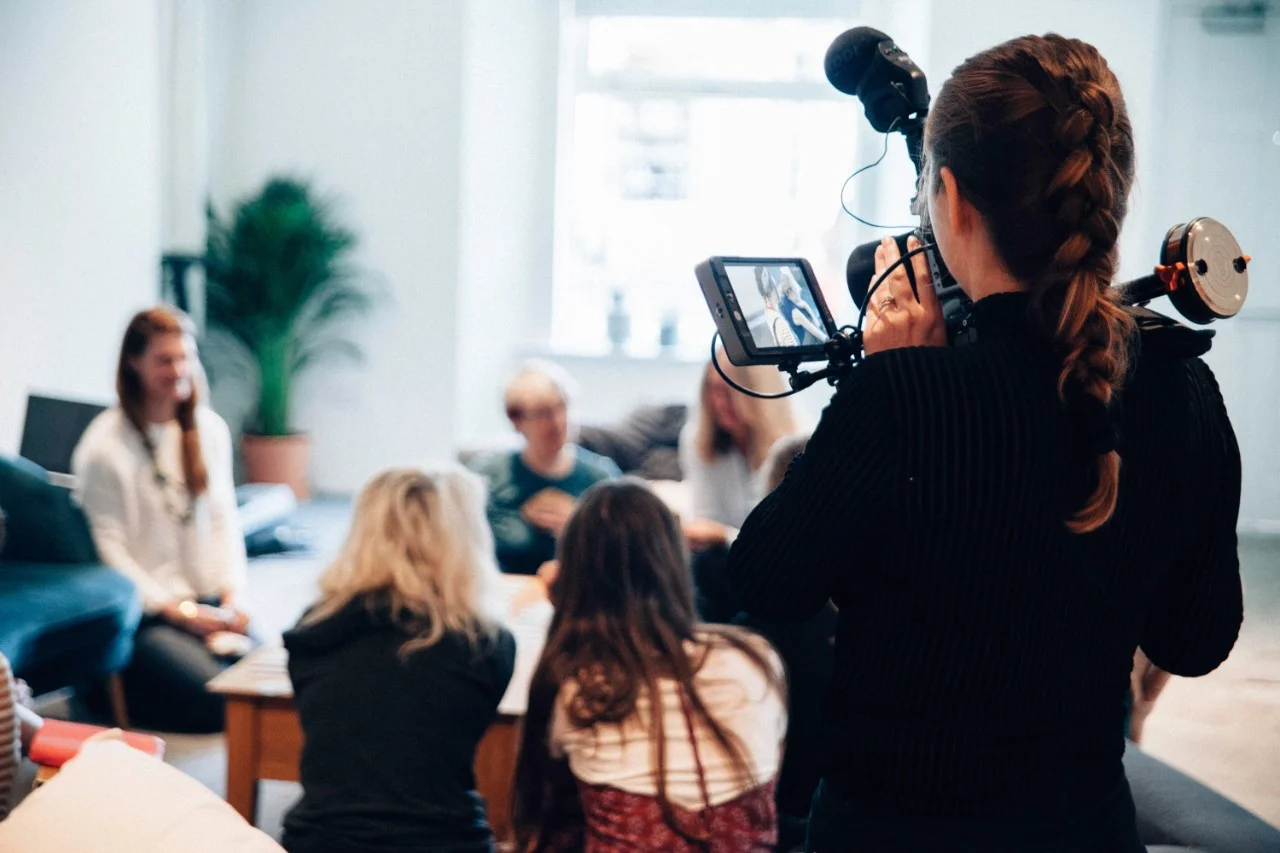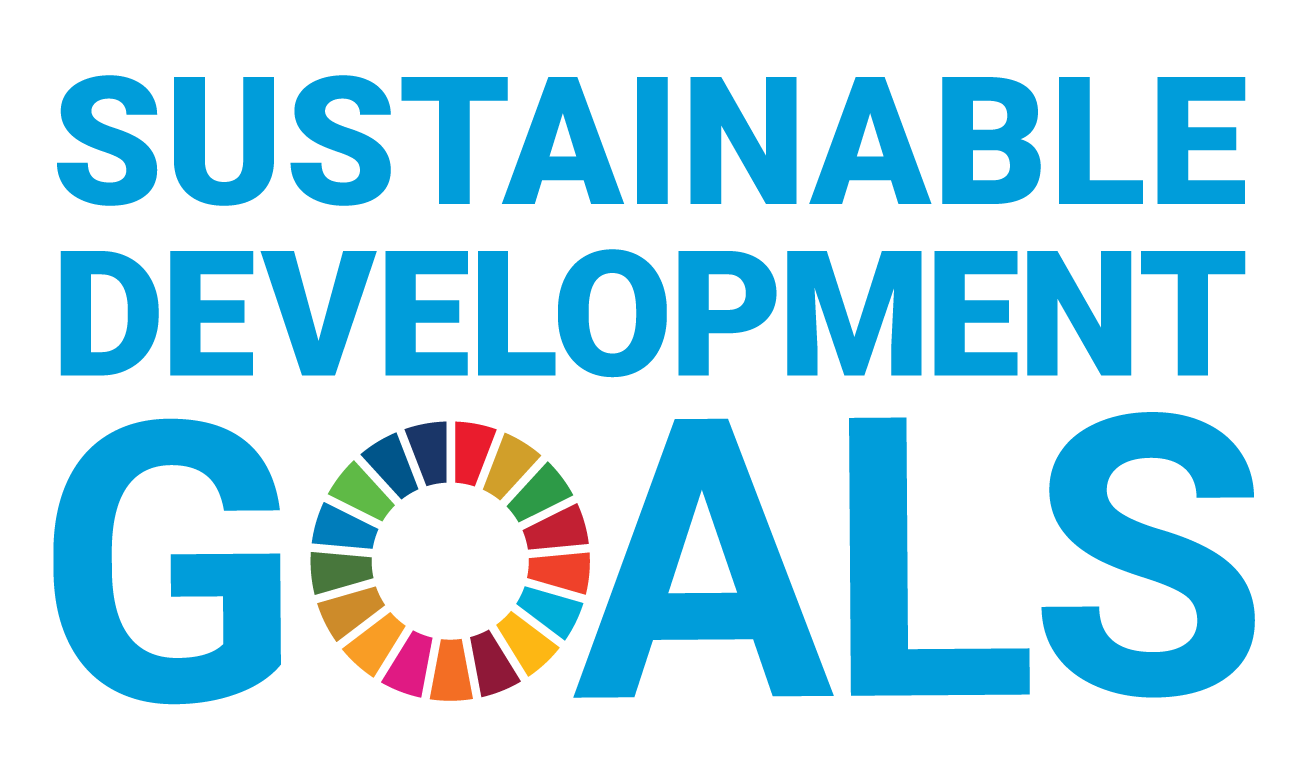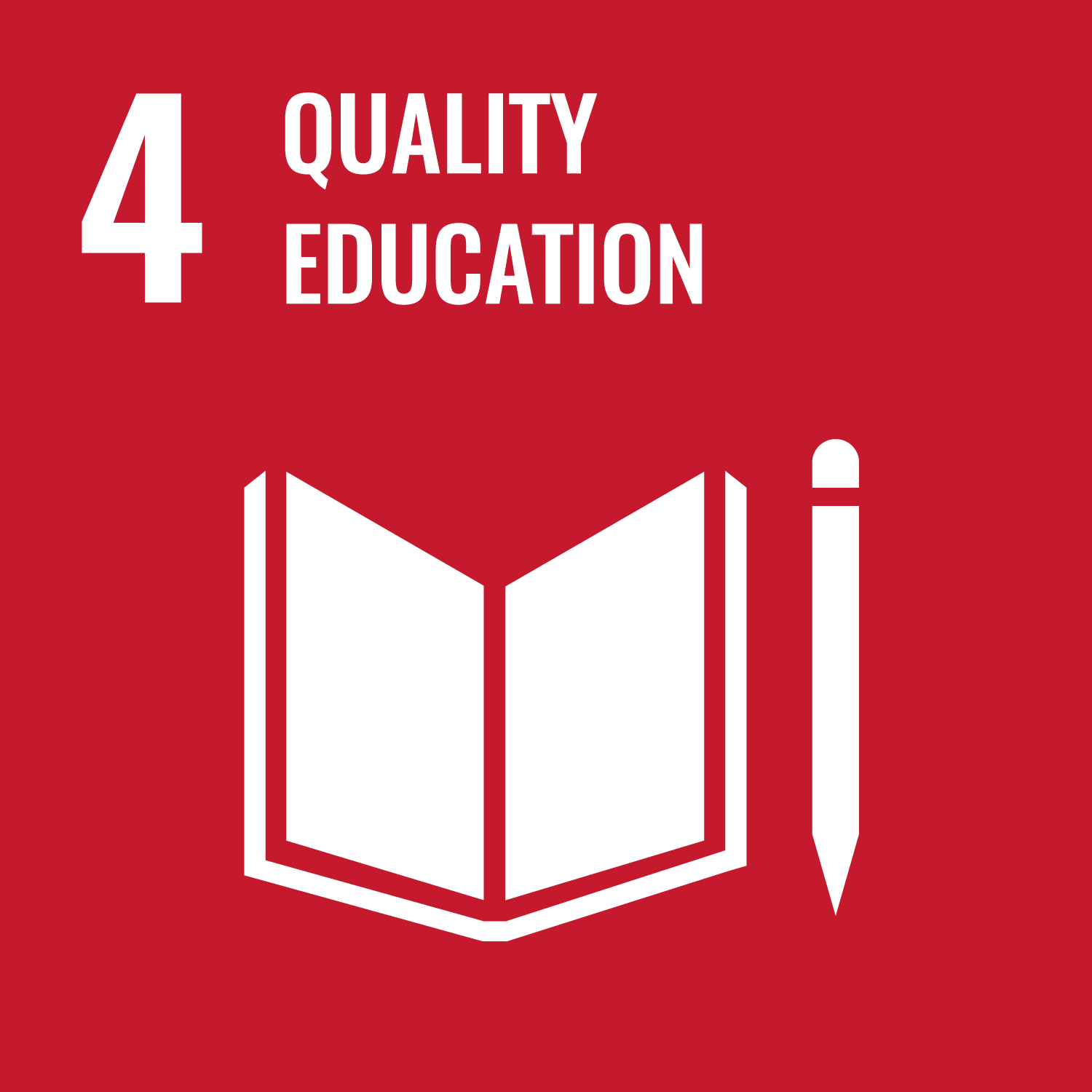You can search for courses, events, people, and anything else.
Speculation that young people drive ‘fake news’ inspired a study into the news literacy of young Australians. “Claims were being made that young people were somehow responsible for fake news because they don’t use quality news services, and I wanted to find out if there was any truth in it,” explains Tanya Notley, a senior lecturer at Western’s School of Humanities and Communication Arts.
“There hadn’t been any major studies in Australia focussed on exploring the news practices of people aged under 18, which was very surprising given all the changes taking place to the news environment.”In 2017 and 2020, Notley worked with a research team on a national survey of young Australians about their media literacy and engagement.
Notley was surprised at the level of mistrust expressed by Australians aged eight to 16. “In our surveys in both 2017 and 2020, two-thirds of young people said news media organisations have no idea what their lives are like, so it’s not surprising they don’t really trust them.” A separate 2019 study (see below) noted that very few news stories include young people or are about issues that most affect them.
The 2020 survey study also found that only 36% of young Australians believe they know how to identify fake news stories. “The complex news media landscape means critical news evaluation skills are essential, but it seems most young people are not developing these skills at school,” Notley says.
Need to know
- 36% of young Australians believe they can’t identify false news.
- The Australian Media Literary Alliance was formed as a result of the findings.
- Western will be co-developing a wider national media literacy strategy.
The multi-institutional Australian Media Literary Alliance (AMLA) was formed in response to the survey findings, and throughout 2021 Western and the AMLA will be co-developing a wider national media literacy strategy with news outlets, government bodies, NGOs and civil society organisations.
Annabel Astbury, Head of Digital Education at the ABC, was among those who partnered with Western to form the AMLA. “This high-impact research is paramount,” Astbury points out. “For ABC Education, [the research] helps us evaluate the impact of the media literacy resources we develop.”
Drawing on the findings, the AMLA has produced a Media Literacy Framework to guide education efforts. It’s already been adopted nationally by institutions such as public libraries, media outlets and museums, as well as several non-government organisations.
A series of initiatives to advance young people’s news media literacy has also been developed by AMLA members. One of these has supported 21 young ‘news champions’, who represent every Australian state and territory. “These news champions are driving conversations about the future of news to ensure young people’s perspectives are heard,” Notley points out.
Meet the Academic | Dr Tanya Notley
Dr Tanya Notley is Associate Professor at the School of Humanities and Communication Arts. She is also a member of the Institute for Culture and Society at Western Sydney University and is the Deputy Chair of the Australian Media Literacy Alliance (AMLA). Tanya carries out research on the social and cultural impact of media. She also has 15 years of experience working in industry in the areas of social inclusion, social justice and human rights. Tanya's current research projects are focused on: children and media literacy, adult media literacy and digital inclusion in low-income households. Tanya was awarded her PhD in 2009 from Queensland University of Technology. Her thesis examined young people’s uses and experiences of digital technologies and critiqued relevant Australian government policies. Tanya has an MA in Social Change and Development and a BA in Media and Communication (both from the University of Newcastle).
Credit
© SirVectorr/iStock/Getty Images Plus © Mika Baumeister/unsplash © Charles Deluvio/unsplash © Vanilla Bear Films/unsplash
Future-Makers is published for Western Sydney University by Nature Research Custom Media, part of Springer Nature.

